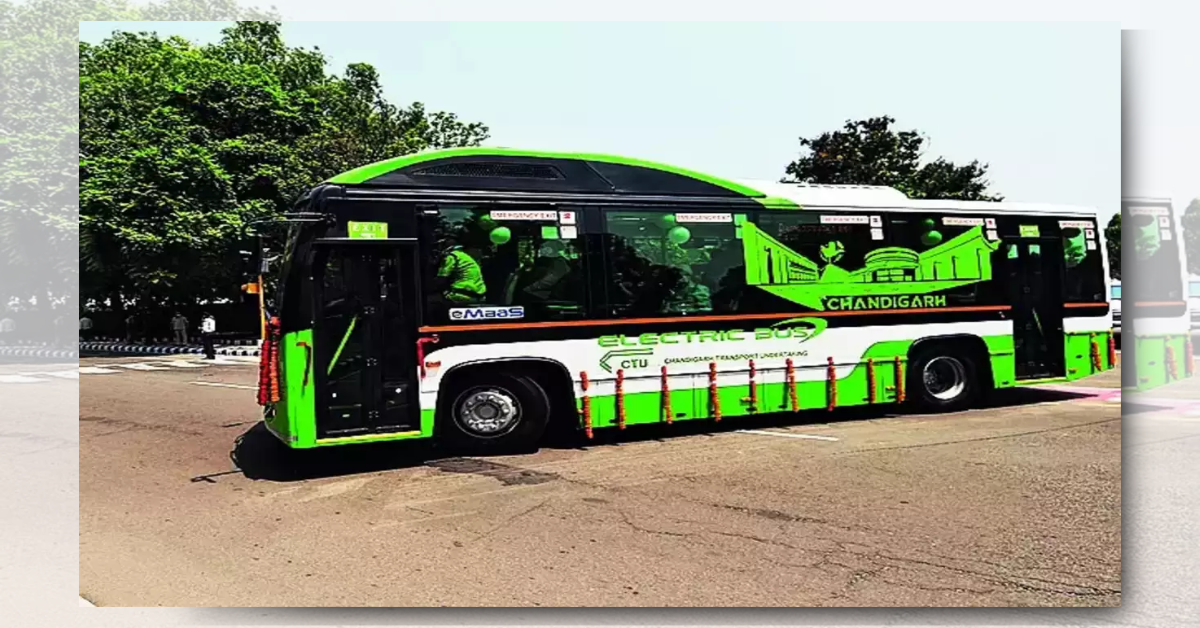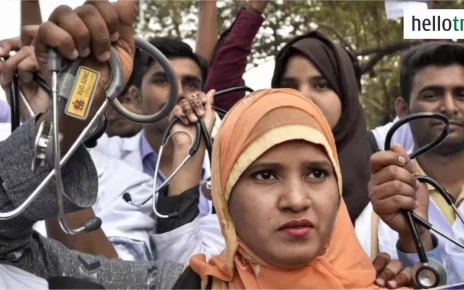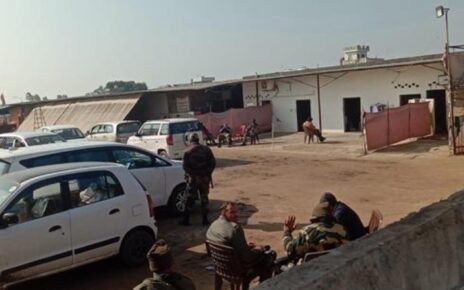On a mission to promote a cleaner and greener future, Chandigarh has received approval to procure 100 new electric buses. 100 diesel buses that are currently operating in the Tricity routes (Chandigarh, Panchkula, Mohali) will be replaced by these new buses.
The decision for electric buses came during the first meeting of the state-level steering committee. Under the centrally sponsored “PM e-Bus Sewa Scheme” the Ministry of Housing and Urban Affairs (MoHUA)has received approval for the allocated 100 buses. This marks a pivotal step in the city’s commitment to reducing carbon emissions and promoting eco-friendly transportation alternatives.
Under the scheme, an incentive of Rs 24 per kilometer for operating a 12-meter electric bus will be provided by the central government. With an annual increase rate of 5%, this support will be available for 10 years. Also, MoHUA must cover the entire cost of setting up the “behind-the-meter” power infrastructure required to charge these electric buses.
The UT Engineering Department played a major role in securing the funds for the charging infrastructure. They prepared a detailed estimate of Rs 11.87 crore for this purpose and submitted it to MoHUA. The Ministry approved the proposal and will soon deposit the funds in the designated state nodal agency account.
CEPT University, a reputable institution. Submitted a revised bus and service plan for Chandigarh, which also includes a detailed strategy for procurement of electric buses spanning over the period 2022-2031. It proposes a phase-wise procurement process the strengthens the overall city bus fleet. This involves the addition of 70 new electric buses to the city routes.
The UT Transport Department this initiative will provide a more attractive and eco-friendly alternative to personal vehicles and will reduce traffic congestion and air pollution. With the convenience and cost-effectiveness of electric buses, coupled with the expansion of the fleet, the UT Administration is looking forward to a significant shift towards public transport among the residents.
As per the Transport Department, electric buses make travel of around 76.22 lakh kilometers in a year, and it will provide an additional benefit of Rs 18 crore to the UT. Moreover, the authorities are also looking forward to saving Rs 19 crore annually on fuel.
Currently, there are a total of 80 electric buses deployed in Chandigarh which were purchased in two phases through a tender process. These e-busses have seen a huge footfall with most buses running at full capacity on multiple routes. Currently, the salary or expenses of the conductor and drivers of electric buses are provided by the Chandigarh administration while the maintenance of the buses is provided by the company that provided the electric buses
The committee has acknowledged the need for additional electric buses to achieve Chandigarh’s clean commute goals. The committee also recognized the need of proper proper charging infrastructure before the procurement of the new buses. The UT Chief Engineer was directed to call for e-tenders for the infrastructure development to ensure that charging stations are functional before the buses are delivered.




